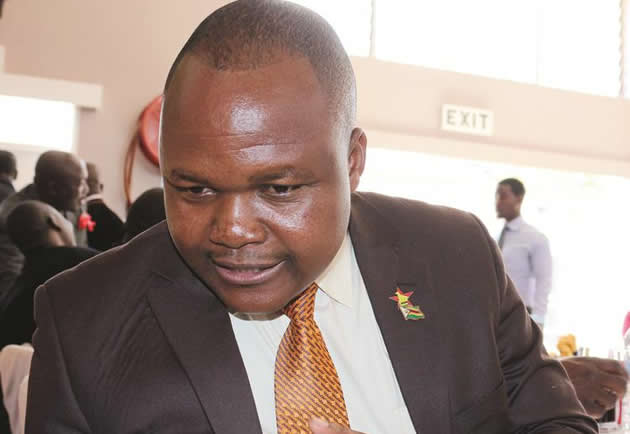Set minimum age for marriage at 18: AU
Gender Reporter
THE African Union is urging its member states to establish comprehensive action plans to end child marriage, including establishing and enforcing laws which set the minimum age for marriage at 18 years.
This came after the AU formally adopted a common position on ending this harmful social -cultural practice that is endemic in many parts of Africa.
The continent marked the Day of the African Child last Tuesday whose theme this year sought to end child marriage.
The AU will be monitoring progress towards this goal as part of its Agenda 2063 strategy, which aims to ensure positive socio-economic transformation of the continent within the next 50 years.
Speaking at the just-ended African Union Summit in Johannesburg, South Africa, AU director of social affairs, Ambassador Olawale Maiyegun, said: “Child marriage is a harmful social-cultural practice which is endemic in Africa. We know it has a negative impact on the women and girls’ personal development, future opportunities, education, health and wellbeing. It also has detrimental consequences for families, communities and nations at large.
“While we recognise that some African countries have already launched initiatives and campaigns to end child marriages, the agreement today will help accelerate the process.”
There have been calls for the government of Zimbabwe to accelerate the realignment of laws with the Customary Marriages Act and the Marriages Act being at the centre of controversy. These pieces of legislation according to child rights groups do not provide protection against child marriages and its associated abuses.
Under the Marriages Act, girls at 16 can marry but boys can only marry at 18. Girls between the ages of 16 and 18 can marry with the consent of their parents or guardians and in the event of the parents or guardians refusing consent, they can approach the High Court. On the other hand the Customary Marriages Act, which has no specific minimum age, has seen many parents and guardians consenting to marriages of their young children.
According to statistics from UNICEF, in Africa, south of the Sahara, 40 percent of women and girls aged 20 to 24 years old were married before age 18. This number rises to 42 percent in West and Central Africa. If these trends continue, the number of child marriages in Africa, south of the Sahara, is expected to double by 2020, and the region will overtake South Asia to become the region with the largest number of child brides in the world.
Executive Director, UN Women, Phumzile Mlambo-Ngcuka, said: “A safe and sustainable world demands women’s rights, women’s empowerment and gender equality. Ending child marriage is a critical step in providing women and girls with the opportunities to make their own decisions about their health, their education and their lives. We can end child marriage in a generation if we come together to drive social change.”
In May 2014, the AU launched the first campaign of its kind in Africa to end Child Marriage by enhancing continental awareness of the harmful impact of child marriage and by taking appropriate legal, social and economic measures.
Nyaradzayi Gumbonzvanda, African Union Goodwill Ambassador for ending Child Marriage, and General Secretary, World YWCA, said ending child marriages can break the cycle of poverty and unleash the potential of girls.
“However, it’s equally important to empower and support young women and girls who are already married. We need to provide them with the information, education and services they need to live healthy and empowered lives,” she said.












Comments